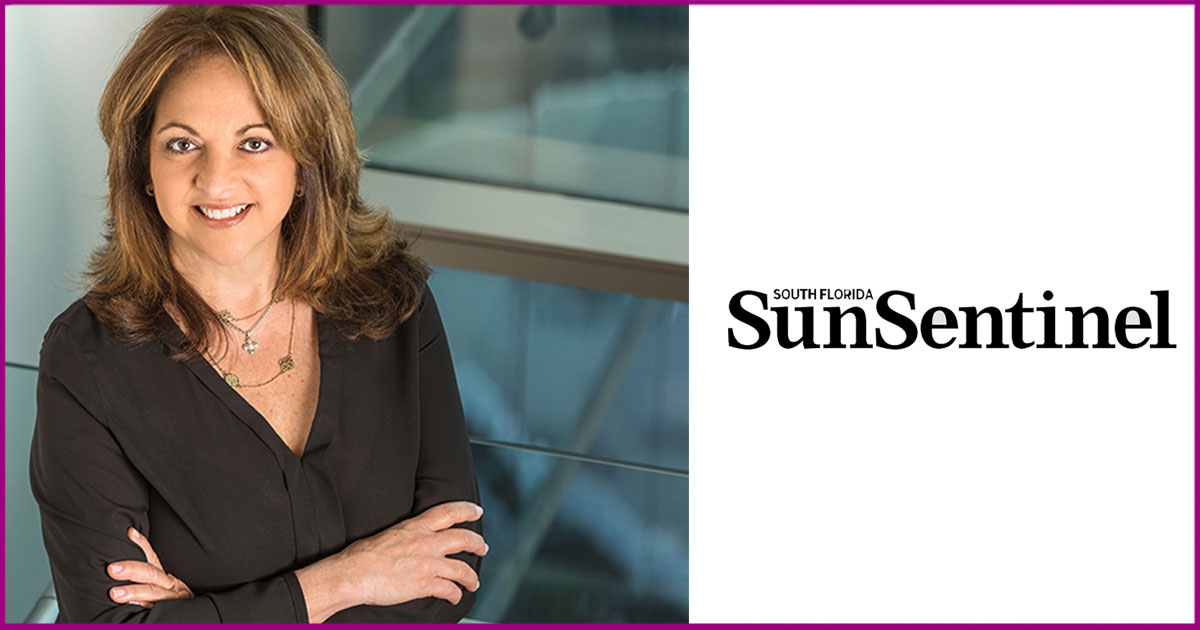 For those living in community associations during the time of COVID, the changes are radical. Not only are condo dwellers expected to abide by federal, state and municipal legislation mandating social distancing, masks and isolation protocols, they must also follow the regulations put into place by their association’s board of directors.
For those living in community associations during the time of COVID, the changes are radical. Not only are condo dwellers expected to abide by federal, state and municipal legislation mandating social distancing, masks and isolation protocols, they must also follow the regulations put into place by their association’s board of directors.
While some of the regulations imposed by associations tread on individual rights, the board of directors has a fiduciary duty towards the unit owners and decisions must be made which are deemed in the best interest of all of its members.
Since Gov. Ron DeSantis declared a state of emergency in March, condominium association boards have adopted emergency guidelines to protect their residents against further spread of the virus, which limit the freedom and independence that residents are accustomed to enjoying.
In-person board meetings are now held by Zoom or virtual conference call platforms. Clubhouses, pools, gyms, tennis courts and other amenities have been closed for weeks in order to enforce social distancing requirements. Even as associations ease into opening their amenities, most are still prohibiting non-residents such as contractors, guests and even family members from entering the premises so that exposure to residents is contained.
Some owners have pushed back on pool closures, demanding full use of the amenities. In a 1971 ruling, a prescient Florida judge observed that in a condominium setting, “(E)very man may justly consider his home his castle and himself as the king thereof; nonetheless his sovereign fiat to use his property as he pleases must yield, at least in degree, where ownership is in common or cooperation with others.”
Owners should remember that living “in community” by its very nature entails giving up a degree of personal rights. Today, the importance of adherence to this suppression of rights is multiplied many times over when failure to do so could cost a neighbor his or her life.
Condominium boards are having to make decisions that were unthinkable a few weeks ago:
- whether to inform the community that a resident has tested positive for COVID-19 so the neighbors can take extra precautions while protecting the person’s identity;
- if the rules ban non-residents, should they allow an elderly resident’s caretaker or family to enter;
- what if the cellphone tower needs repair, do they let AT&T in;
- if a roof leaks, how do they allow the “essential workers” in while protecting the surroundings from contamination; and
- if a new tenant moves in despite a “No Move In” policy and brings a moving crew without Personal Protective Equipment, should the landlord be charged for the extra cleaning and sanitation this violation caused?
Hopefully, these difficult decisions, compliance with safety protocols and frustration of personal liberties are temporary.
Yet, boards and unit owners need to remain vigilant and be cognizant that this “new normal” could be present for longer than initially expected. According to the Center for Disease Control (CDC), a second wave of the coronavirus outbreak could occur in the fall in conjunction with the start of the flu season.
Perhaps with more testing, associations can gauge whether the community is substantially immune to further infection so that the amenities can be restored.
Living in a community requires balancing an owner’s rights with their neighbors’. The right of a unit owner to use their property as they please must yield to the rights of others, especially when failure to do so could have grave consequences.
Reprinted with permission from the Sun-Sentinel.